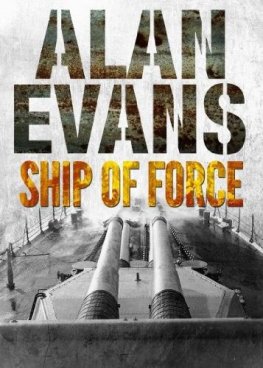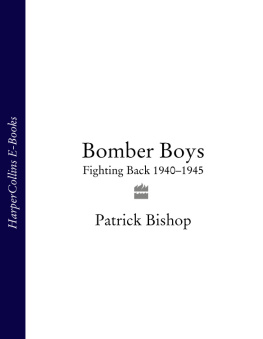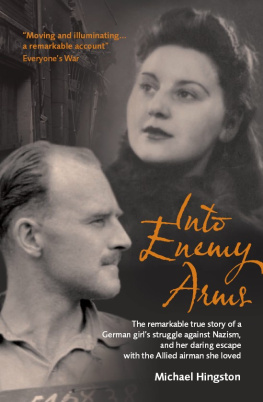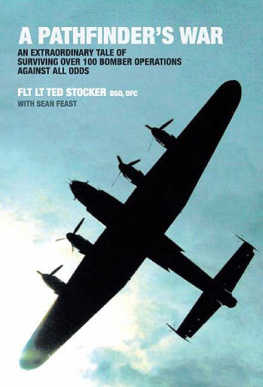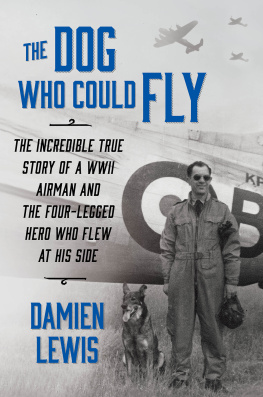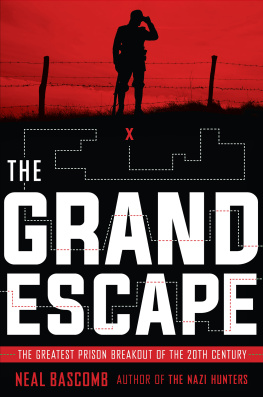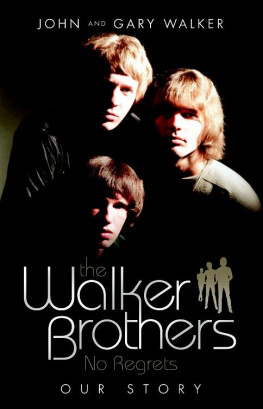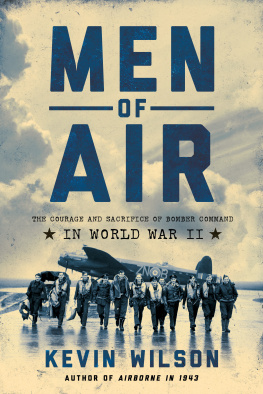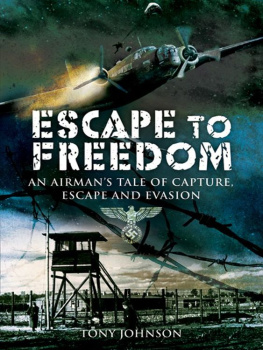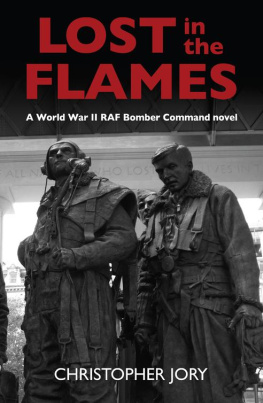First published in Great Britain in 2017 by
Pen & Sword Aviation
an imprint of
Pen & Sword Books Ltd
47 Church Street
Barnsley
South Yorkshire
S70 2AS
Copyright Angela Walker 2017
ISBN 978 1 47389 072 5
eISBN 978 1 47389 074 9
Mobi ISBN 978 1 47389 073 2
The right of Angela Walker to be identified as the Author of this Work has been asserted by her in accordance with the Copyright, Designs and Patents Act 1988.
A CIP catalogue record for this book is available from the British Library
All rights reserved. No part of this book may be reproduced or transmitted in any form or by any means, electronic or mechanical including photocopying, recording or by any information storage and retrieval system, without permission from the Publisher in writing.
Pen & Sword Books Ltd incorporates the imprints of Pen & Sword Archaeology, Atlas, Aviation, Battleground, Discovery, Family History, History, Maritime, Military, Naval, Politics, Railways, Select, Transport, True Crime, and Fiction, Frontline Books, Leo Cooper, Praetorian Press, Seaforth Publishing and Wharncliffe.
For a complete list of Pen & Sword titles please contact
PEN & SWORD BOOKS LIMITED
47 Church Street, Barnsley, South Yorkshire, S70 2AS, England
E-mail:
Website: www.pen-and-sword.co.uk
For Sachin & Melanie
May our mountains ever be
Freedoms ramparts on the sea
Thomas Bracken
Chapter 1
The girl with the poppy
What you leave behind is not what is engraved in stone monuments, but what is woven into the lives of others.
Pericles
H ow little we sometimes know of the stories that surround us: the stories that are never told, the stories we never ask to hear. Yet events behind our family stories silently shape us like the sea inexorably sculpts a rock. Too painful to recollect but impossible to forget, some things are never spoken. Some of my fathers experiences as an airman during the Second World War were buried deep within him; so deep that I had no idea he kept them locked away.
The first inkling I had that my father had been to war was when my family went to the Dawn Parade in 1975. I have a black and white photograph from that day of me as a little girl placing a poppy next to a cross for the Unknown Soldier. A few hours before the photo was taken, my mother had woken me in the wee small hours. Intrigued, I climbed into the back seat of dads Morris Oxford in the dark of night, my father at the wheel wearing his only suit. No one said much as we drove into the city, towards an Anzac Day ceremony that represented more to him than we could possibly imagine. My anticipation began to build as we arrived at the Auckland War Memorial along with the other early risers. Hundreds of cars were arriving at the Domain, their headlights illuminating long slices of darkness.
Before long the veterans began their solemn march past. Peering through the legs of the people who had gathered to remember, I caught a glimpse of dad marching amongst the other war veterans. Some of them were so old it seemed remarkable to me that they could still walk. My fathers face was a study in emotions I didnt understand. I barely recognised the man who passed us by. My father the war veteran was someone I didnt know.
After the formalities, the haunting tones of the Last Post still reverberating in the moist dawn air, I played on the steps beside the cenotaph as we waited for dad to re-join us. As the light continued to build in almost perceptible increments, a photographer captured me crouching down to place my poppy among a group of white crosses. It was a moment that would come to symbolise so much more to me in the years ahead.
I overheard my mother talking to the photographer nearby.
What newspaper are you from?
The New Zealand Herald , he said. Your little girl might be in the paper tomorrow.
On the way home I expect dad was even quieter than usual, haunted by memories sparked during the solemn remembrance of his fallen friends. But he was often quiet, and I was only a child, so I cant say that I noticed.
Early the next morning, my sister Robyn and I, who were always up with the birds, dashed down the front stairs, across the dewy lawn in our slippers, eager to see if I had made it into the newspaper. I grabbed the rolled up newspaper from our letterbox and unrolled it as fast as my hands could move. Id dared to imagine a small photo buried deep in the heart of the newspaper somewhere, but there, right on the front page, was a large photo of me, poppy in hand. I could scarcely believe my eyes.
A candid shot, it had captured the solemnity of Anzac Day juxtaposed by a young childs innocence far removed from the brutality of war. Its a photo that speaks to me decades later of someone Ive always been. A naive youngster who had no way of knowing the reality of war, unknowingly caught in an unbroken string that ties me to my father, to the Second World War, from the past to the present and to the future. The symbolism of dawn and the poppy had been lost on me. I had no idea what my father had been through to earn those medals pinned to his lapel. I would retain that childlike innocence and the idealism of youth, in what I understood about war and my father, well into my adult years.
Growing up, other than the odd trip to the Dawn Parade, there wasnt anything much about my father that said Second World War airman. War did not define him. Planes didnt particularly fascinate him, and he seemed like someone for whom Browning would evoke the poet not the gun. The war and the Air Force were things from his past that he had largely left behind. It wasnt that he never spoke about the war. He quite happily shared bits and pieces about his wartime days from time to time. Unlike many of his peers, he gave the impression of talking openly and freely about some of his wartime experiences, albeit not very often. Most of his stories evoked adventure or highlighted how fortunate he had been. Back then I had no idea that he skipped over the more traumatic events. The way he seemed quite comfortable, occasionally mentioning his wartime days, masked how much he left unsaid.
Besides, as a child I didnt really have much interest in anything to do with war. Sure, dad had some extraordinary tales to tell at dinnertime. Attempting to escape from a POW camp in Nazi Germany now that was something. But in my young mind, television programmes such as Hogans Heroes and Dads Army had largely informed my mental pictures. I had no idea about the seriousness of it all. I found it surprising when Battle of Britain enthusiasts would turn up on our doorstep seeking dads autograph. As one of the heroic Few, dad was highly respected by those who remembered the bravery and sacrifice of the men who fought in the Battle of Britain. But as a child on the other side of the world, decades on from the war, the true significance of it all was yet to dawn on me.


